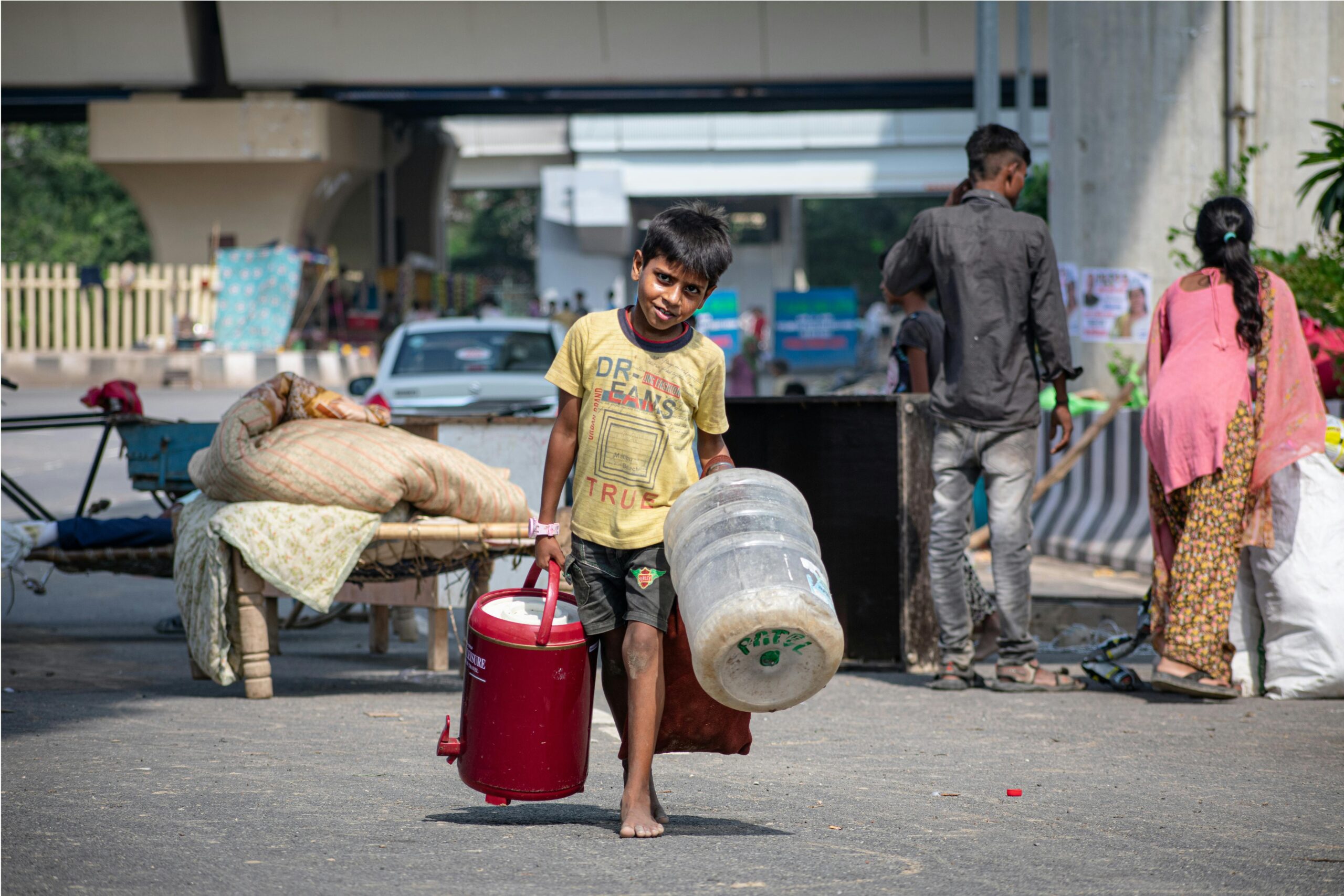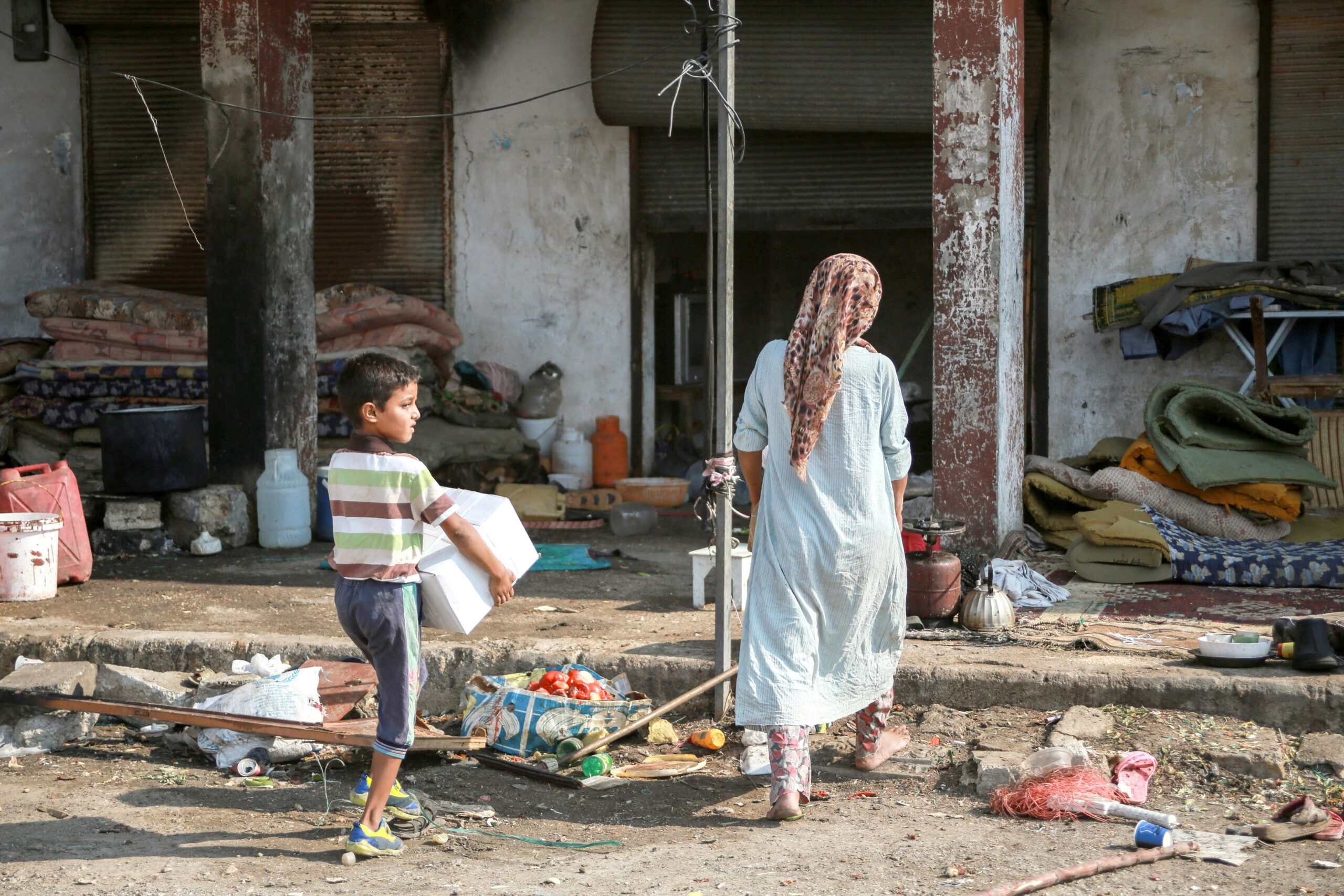Date: 20 February 2024 ; Author: Vasavi Prakash
India, a land of diversity and contrasts, grapples with the intricate relationship between politics and the well-being of its most vulnerable citizens: poor children. While political decisions shape the nation’s trajectory, their impact on these young lives is profound. Let’s explore the challenges faced by underprivileged kids and how politics plays a pivotal role:
1. Education Disparities
- School Closures During the Pandemic: When the first wave of Covid-19 hit India, schools closed their doors. For children like Laxmi, who attended private schools funded by borrowing from relatives, the closure meant an abrupt halt to education. While online platforms emerged for privileged children, the digital divide left the poorest behind1.
- Quality of Education: Government schools often lack quality teaching and basic facilities. Poor kids face inadequate infrastructure, overcrowded classrooms, and outdated textbooks. Political decisions regarding education funding and reforms directly impact their learning outcomes.
2. Poverty and Hunger
- Economic Policies: Political choices influence economic growth, job opportunities, and poverty alleviation. Families living below the poverty line struggle to provide nutritious meals for their children. The pandemic exacerbated this crisis, pushing millions into deeper poverty2.
- Child Labor: Poverty forces children into labor. Political will to enforce child labor laws and create alternative opportunities shapes their fate. Without education, they remain trapped in a cycle of poverty.
3. Healthcare Access
- Health Policies: Political decisions impact healthcare infrastructure, accessibility, and affordability. Poor kids suffer due to inadequate medical facilities, malnutrition, and preventable diseases. The pandemic highlighted these disparities.
- Immunization and Child Health: Vaccination drives, nutrition programs, and maternal health services are critical. Political commitment to child health determines their survival and well-being.
4. Gender and Social Disparities
- Gender Bias: Politics influences cultural norms. Girls face discrimination, early marriages, and limited opportunities. Policies promoting gender equality and safety are essential.
- Caste and Marginalization: Poor kids from marginalized castes often lack representation and voice. Political empowerment can break these barriers.
5. Education Reforms and Accountability
- Inclusive Policies: Political leaders must prioritize inclusive education. Investments in teacher training, infrastructure, and digital access can bridge gaps.
- Accountability: Holding politicians accountable for promises made during elections is crucial. Transparency in education spending and implementation matters.
6. Collective Responsibility
As citizens, we share the responsibility to advocate for policies that uplift poor kids. Voting wisely, demanding accountability, and supporting NGOs working on child welfare are steps toward a brighter future.
In the intricate dance of politics, let us ensure that every child’s potential is nurtured, regardless of their socio-economic background.
Sources:
- BBC – Why India’s poorest children are falling further behind
- DW – How COVID-19 is affecting underprivileged children in India
- Times of India – More poor, out-of-school kids in villages
- ReliefWeb – Millions of children risk poverty and hunger as India’s COVID crisis spirals
- European Council on Foreign Relations – India’s politics and the poor





